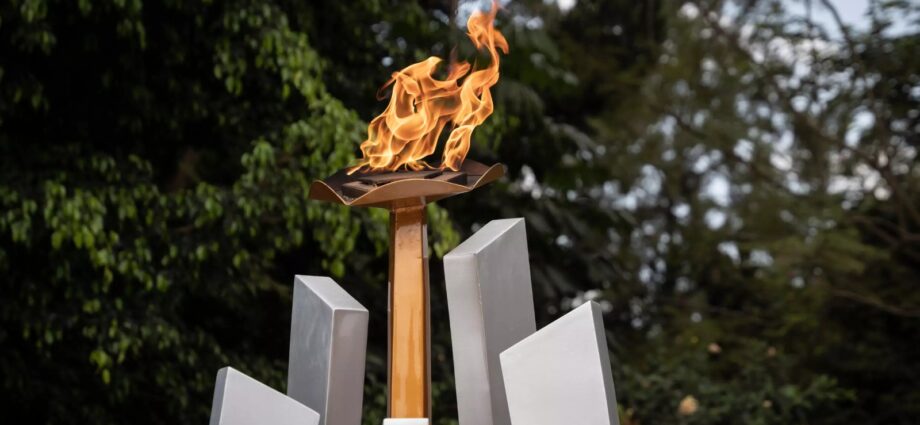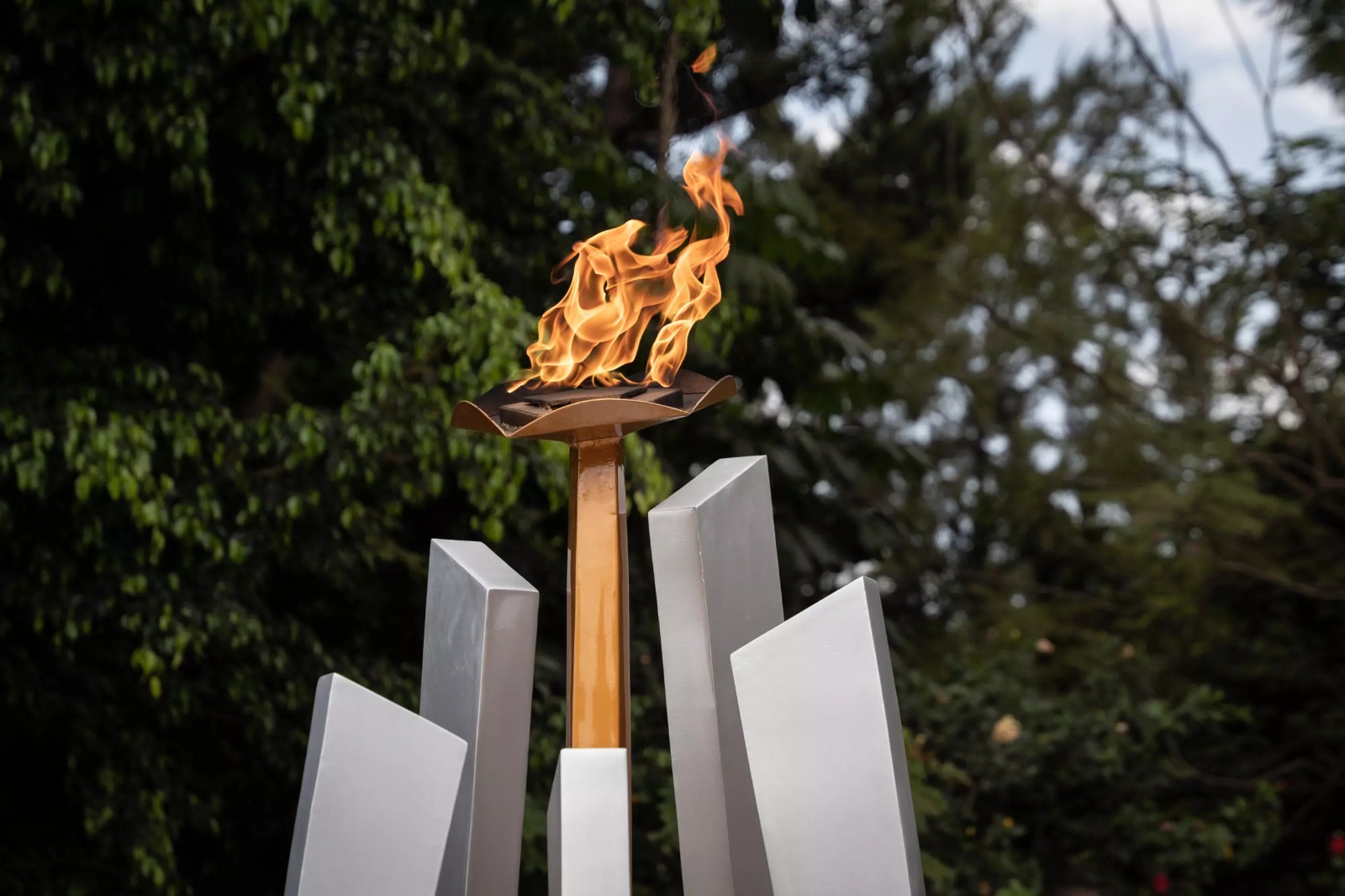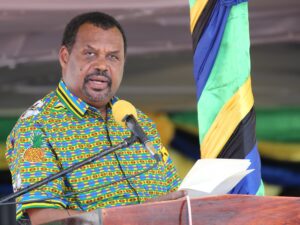By Fatou Harerimana
On April 7, Rwanda will mark 30 years since the Genocide against the Tutsi. “Kwibuka”, which means to remember, is an annual period of solemn reflection when we come together to honour the victims, unite in our collective grief and renew our commitment to continue to build a better future for all Rwandans.
This important act of preserving memory, and ensuring the accurate re-telling of history, matters to Rwandans. And though it might not be immediately apparent, it is also important to Tanzanians. The international community played a part in the tragedy while the world watched it unfold. Every nation can benefit from reflecting on the lessons from this preventable genocide borne of division and hatred.
Thirty years ago, in 100 days over one million Tutsi were murdered just because they were Tutsi. Hutus who opposed the genocidal government were also killed. This ‘crime of crimes’ happened in plain sight. The international community were, at best, indifferent to the horrific violence, with some countries being complicit in the killings.
No one came to Rwanda’s aid. The slaughter was only halted when the Rwandan Patriotic Front took Kigali and defeated the genocidaires. The Genocide showed what can happen when an ideology built on hatred is allowed to flourish unchecked by those with the power to intervene.
Although foreign governments and international institutions failed Rwanda in our greatest hour of need, there were many brave foreigners on the ground who made heroic contributions.
For example, in 2009, the founding father of Tanzania, Mwalimu Julius Kambarage Nyerere was posthumously decorated with “Umurinzi” (“the Guardian”) medal, Rwanda’s Campaign against Genocide Medal, which was received by Mama Maria Nyerere on his behalf.
When the world impassively watched as the Genocide against the Tutsi peaked in Rwanda, Mwalimu Nyerere was among the very few voices of reason who denounced the killers outright, recognizing and calling the genocide by its true name.
Internationally, New Zealand, Nigeria and the Czech Republic used their positions on the UN Security Council to press for the institution to take action. Permanent Representative Colin Keating (New Zealand) and Chief Delegate Prof Ibrahim Gambari (Nigeria) put forward separate resolutions calling for greater troop deployment and for the troops to be given a mandate to save civilians. Ambassador Karel Kovanda joined the calls for greater action and was also the first person to use the term genocide within the security council when describing what was happening. These few voices did what they could to raise the alarm with a world that was choosing not to listen.
Beyond remembering the individual stories, this significant commemoration provides an opportunity for the world to reflect on the lessons of the Genocide and the battle to preserve the integrity of the historical accounts of it.
There has been a concerted effort to deny the Genocide happened in the way we know it did. These genocide deniers use various tactics, ranging from questioning the numbers of victims – despite having no evidence to contradict the verified figures – to blaming the victims for causing the Genocide. They even go as far as creating false equivalencies by suggesting a double genocide took place.
These tactics are not new. They have been deployed by perpetrators and deniers of other genocides such as the Holocaust. But if we are not careful, this distortion of historical facts – supercharged by social media and AI tools now in the hands of deniers – could be deployed across the world turning true history into contested debate.
Rwanda’s history has shaped Rwandan shared identity – this is why the historical clarity about the Genocide against the Tutsi is of national and international importance
The memorials Rwanda maintains (four of which have been designated UNESCO world heritage sites) are vital to anchoring the truth, and truth is essential to reconciliation and renewal. The artefacts we preserve are our evidence, and the stories we tell are witness testimony.
Our collective memory also provides the world with a warning that the ideology which drove the Genocide must not be allowed to flourish and spread ever again. This is unfortunately happening today just beyond Rwanda’s borders.
On April 7 and beyond, we ask that Tanzania stand in solidarity with Rwanda. We ask that you do this to honour the memory of all Rwandans who lost their lives, and Mwalimu Julius Kambarage Nyerere and others who did their best to help during Rwanda’s darkest hour. And we ask for your solidarity in preserving the true account of Rwanda’s history so that the world can match the words ‘never again’ with tangible action to prevent history from repeating itself.
Fatou Harerimana is Rwanda’s High Commissioner to Tanzania













